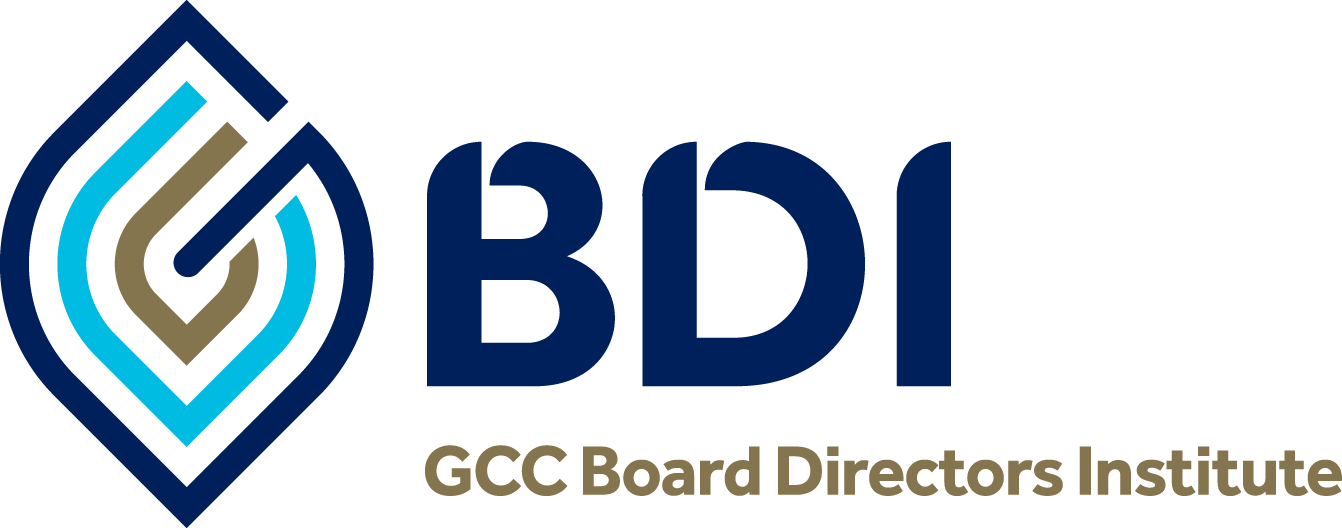GCC BDI Reveals Results of Sixth Board Effectiveness Review Survey
Dubai-UAE: 30 December, 2019 – The GCC Board Directors Institute (GCC BDI), a not-for-profit organisation that helps board directors acquire the expertise and tools for effective governance, has announced the results of its annual Board Effectiveness Review survey. The sixth edition of the report builds upon earlier research work done by GCC BDI and examines the advancement of board effectiveness in the region.
The survey polled 105 board members with the aim of monitoring the improvements made over the past two years since the publication of the last Board Effectiveness Review in 2017, as well as over the past 12 years since GCC BDI started conducting surveys of boards in the region. The report highlights the changing perceptions of corporate governance in the GCC region, the need for directors to spend more time on board duties, the lack of diversity on boards in the region, as well as the growing importance of the role of the board secretary. In addition, it maps new and emerging trends that GCC boards will need to address in the future, such as integrated reporting, and environmental, social and governance (ESG) reporting and auditing.
Sixty per cent of the survey respondents came from countries of the GCC region, with a strong participation from Saudi Arabian nationals at 30 per cent, followed by UAE and Bahrain nationals at 10 per cent each. The low rate of response from female board members reflects the current situation in the region. Recent research estimates that women’s board participation remains low at approximately two per cent. Forty-five per cent of the respondents believe that the lack of qualified candidates is an obstacle when it comes to appointing women to boards.
Meanwhile, 60 per cent of the surveyed have cited board composition and director capabilities as barriers to improving board effectiveness in the GCC region.
The findings indicate that companies are still struggling with the implementation of new regulations and codes of corporate governance, and need more time to introduce new practices to the boardroom. The report also shows varied levels of board and corporate governance maturity across the GCC region, with banks and listed companies among the early adopters, driven by greater regulation.
While family businesses generally lag, leading family and private firms as well as government-owned organisations make noticeable efforts to achieve good governance. The regional business landscape is changing, and there is no doubt that board effectiveness and good governance are the foundations of successful transformation.
Jane Valls, Executive Director GCC BDI, said: “At GCC BDI, we continue to support boards, directors and board secretaries in the region with professional development, induction, board evaluations, research and information sharing, in addition to assisting them with board work and board projects. Our new certification programmes for board directors and board secretaries are proving very popular, and are a good sign that the GCC region is developing a professional pool of board directors and board secretaries for the future.”
Board effectiveness and corporate governance in the GCC region have witnessed considerable advancements, especially in the past three years, however, recent corporate failures are constant reminders that there is still work to be done. The report indicates that regulators need to continue to increase their oversight and actively encourage boards to embed good governance in corporate culture. Otherwise they risk a low level of adoption of the fundamental principles.
About the GCC Board Directors Institute
Launched in 2007, the GCC Board Directors Institute (GCC BDI) is an independent not-for-profit organisation that helps board directors of entities, from family-owned businesses to listed companies, acquire the know-how and tools to achieve and sustain effective governance.
GCC BDI was founded by eight leading regional corporations and professional services firms: Saudi Aramco, SABIC, Emirates NBD, Investcorp, McKinsey & Company, Allen & Overy, Heidrick & Struggles and PwC. The institute is supported by the regional regulatory authorities, including the Securities and Commodities Authority of the UAE, the Capital Market Authority and Saudi Arabian Monetary Authority of Saudi Arabia, the Central Bank of Kuwait and the Capital Markets Authority of Kuwait, the Central Bank of Bahrain, and the Capital Market Authority of Oman. For more information, please visit www.gccbdi.org.
For media enquiries, please contact:
Suzanne Bader
APCO Worldwide
+971 58 281 5669
sbader@apcoworldwide.com
